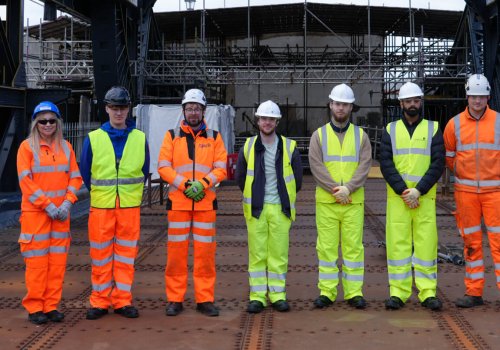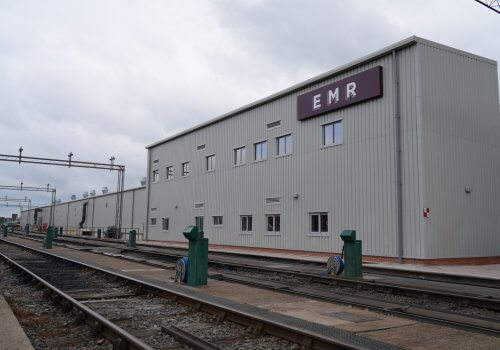Spencer Group wholeheartedly supports the Living Wage, because it is good for our staff, good for our business and good for the economy.
Any business is only as good as its people and every responsible employer should have a deep commitment to the welfare of their staff. For us, part of that is paying everybody at least the Living Wage because, by definition, anything below that is insufficient to live on.
Supporting the Living Wage is also consistent with our core values. One of our key values is respecting everyone within, and related to, the business and one way we show respect to our staff is by ensuring they all earn enough to have a decent standard of living.
Adopting the Living Wage has had a relatively low impact on our business financially, as the vast majority of staff already earned substantially above that level, but a very high impact on the individuals and families who have benefited. As well as helping them pay for life’s essentials, it has sent a strong message that the company really values them.
We believe a happy workforce is a productive workforce, so becoming an accredited Living Wage employer was a logical step when we signed up in February 2013. We were very proud that this made us the first engineering company in the UK to be certified as paying the Living Wage. Since then, we have been delighted to support the Living Wage campaign in local, regional and national media interviews.
Being a Living Wage employer is not just a good thing to do – it’s also good for our business.
Since adopting the Living Wage we have noticed more interest in vacancies, lower turnover among those who have seen their earnings boosted and reduced sickness rates. It has raised our profile in the community and is worn as a badge of honour by our managers and staff.
Furthermore, it sets us apart as an ethical employer, which is important as major clients place a high value on the corporate social responsibility record of businesses they work with.
The wider social impacts of the Living Wage are also important. It narrows the ever-widening income gap between rich and poor; helps break the poverty trap; provides a viable alternative to staying on benefits; and reduces the need for working tax credits, which top up the pay packets of the lowest earners.
For ethical and sound economic reasons we believe the Living Wage should replace the Minimum Wage as the legal baseline pay level. We are disappointed that the Living Wage has not received the support it deserves from the mainstream political parties, as we believe strongly that the economics stack up.
The inflationary effect would be negligible, as it leaves the wages of most people untouched, raising only the incomes of the lowest earners. It would also have a positive economic impact, as the lower paid are less likely to save their money, instead spending it in local shops and businesses.
Finally, it is estimated that more than 5.2 million people in the UK earn below the Living Wage[i]with almost three quarters of them aged 18-21. Not only are the young disproportionately poorly paid, but the Treasury could receive £6 billion of additional tax revenues if the Living Wage replaced the Minimum Wage[ii].
Charlie Spencer is the founder and Chairman of specialist engineering business Spencer Group, which delivers innovative engineering solutions across sectors including energy, rail, bridges and highways. The entrepreneurial company has a £150m turnover and workforce of more than 500, with its headquarters in Hull and other offices in London and Glasgow.









